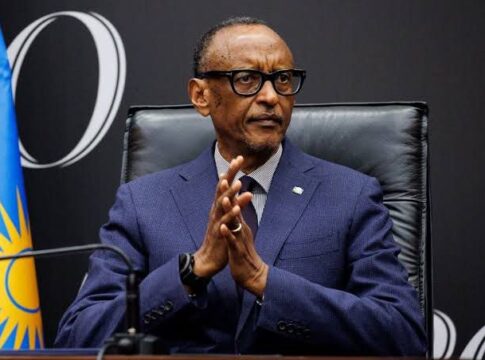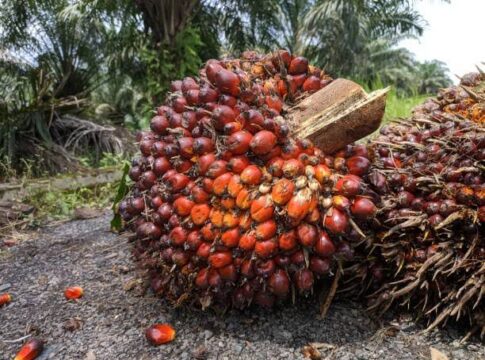The Economic Community of West African States (ECOWAS) has endorsed the withdrawal of Niger, Mali, and Burkina Faso from the regional bloc, marking a transformative moment in West Africa’s geopolitical landscape.
The three nations will officially exit ECOWAS on January 29, 2025, under Article 91 of the bloc’s revised treaty. However, a six-month transitional period will allow for potential reconciliation, ECOWAS Commission President Omar Alieu Touray announced after the 66th Ordinary Summit in Abuja.
“This decision reflects the bloc’s respect for sovereign choices while reaffirming our commitment to dialogue,” Touray said, commending the diplomatic efforts led by Senegal’s President Bassirou Faye, Togo’s President Faure Gnassingbé, and ECOWAS Chairman Bola Ahmed Tinubu.
The exit follows a string of military coups in the three nations—Mali (2020, 2021), Burkina Faso (2022), and Niger (2023)—and their criticism of ECOWAS for imposing sanctions and allegedly bowing to external influences.
Economic and Diplomatic Impact
The ECOWAS Council of Ministers will hold an extraordinary session in mid-2025 to finalize withdrawal modalities, including plans for future political and economic relations. A contingency framework is already underway, signaling the bloc’s preparedness for the separation.
READ MORE: Nigeria’s NOA Tackles Tax Reform Misinformation with Multilingual Campaign
Meanwhile, Tinubu highlighted Nigeria’s pivotal role in ECOWAS, announcing that the country had paid N85 billion and $54 million in levies for 2023 and 2024. This is the first time in 19 years that Nigeria has fully met its financial obligations.
Touray hailed the payment as a testament to Tinubu’s leadership, adding, “This underscores Nigeria’s unwavering commitment to regional integration.”
Tinubu Calls for Unity
Speaking at the summit, Tinubu urged West African leaders to emulate Ghana’s recent peaceful elections, describing them as a benchmark for democratic maturity.
“The people of Ghana have set a high standard,” Tinubu said, referencing the defeat conceded by Ghana’s incumbent vice president during the December 7, 2024, elections. “This gesture mirrors Nigeria’s historic 2015 election and demonstrates the respect for the will of the people.”
Tinubu also recounted ECOWAS’s strides under his chairmanship, including advancements in trade, infrastructure, and counterterrorism. He emphasized the importance of recommitting to the bloc’s founding ideals ahead of its 50th anniversary in 2025.
“As a regional community, our obligation is to ensure security and prosperity for our citizens,” Tinubu said. “Enhancing living standards is not an aspiration—it’s our duty.”
Future Prospects
Although ECOWAS remains open to reconciliation with Niger, Mali, and Burkina Faso, the bloc’s readiness to adapt signals a new chapter in its history. Leaders are optimistic about charting a path that balances with regional unity.
“The door remains open for their return, but we stand firm in protecting our shared ideals of integration and peace,” Touray said.




